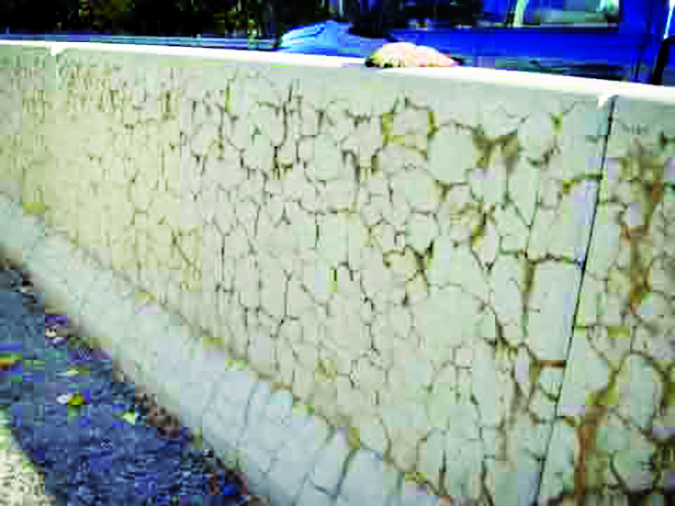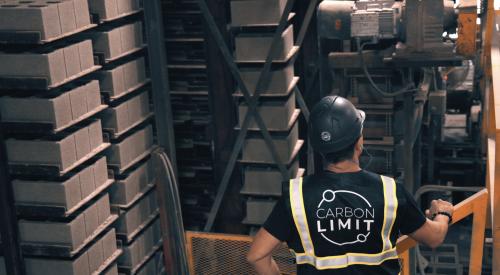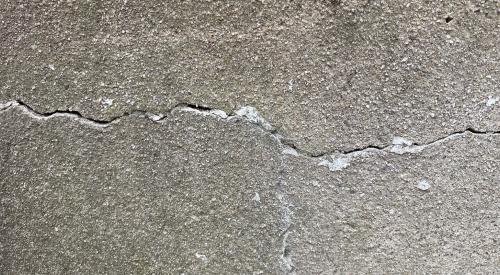It’s known as concrete cancer: Alkaline properties in cement paste react with silica properties that can occur in recycled concrete additives, such as glass, and cause the concrete to weaken, expand, and crack. If concrete that uses recycled glass is unable to retain its expected properties, the concrete becomes almost useless. The issue becomes how to use recycled glass in concrete without weakening the material.
Researchers from the University of British Columbia may have found the answer. Associate Professor of Engineering Shahria Alam and co-researcher Anant Parghi calmed the reaction that leads to concrete cancer. By adding a water-based synthetic rubber polymer, fly ash, and silica powder to the concrete mix, the negative chemical reactions that act as the catalyst for concrete cancer are neutralized.
Replacing some of the cement with polymer, fly ash, and glass powder resulted in two key outcomes: concrete that’s 60 percent stronger than what was previously believed possible; and, because recycled glass was used, a reduction of up to 25 percent of the materials that would otherwise need to be mined for cement production.
The researchers' concrete still needs long-term testing to assess stability. Yet a viable cure is in sight that allows the use of recycled materials in concrete production.











